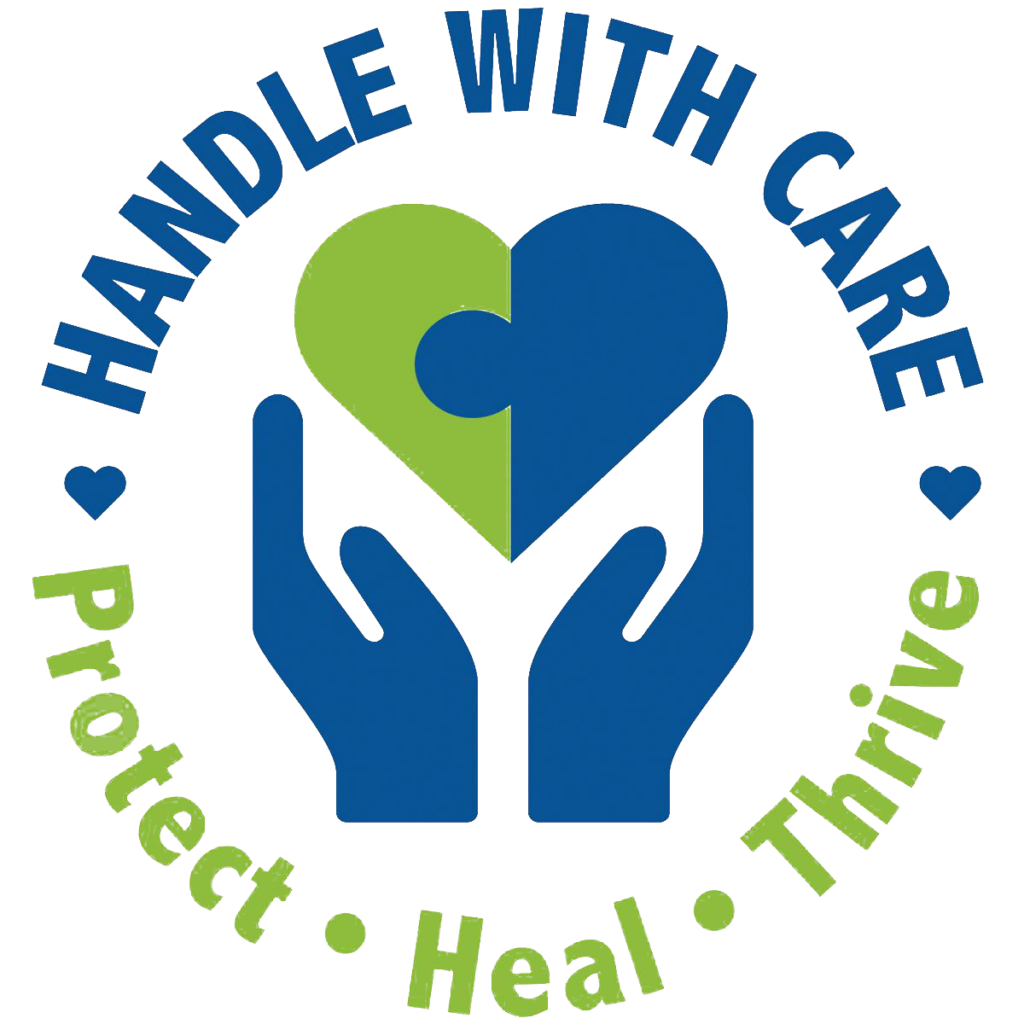
Risk Factors for Addiction
Most experts believe anyone can become addicted to alcohol or other drugs. Some substances, like nicotine and heroin, are so highly addictive that using them excessively or on a daily basis can lead to addiction in anyone. However, most people who try substances do not progress to heavy use or addiction.
That said, any substance use during the teen and young adult years is a concern. The human brain continues to develop well into one’s twenties, making the adolescent and young adult years a critical time for establishing healthy behavior and habits. Substance use during these years creates the potential for a variety of long-term negative effects. 90% of people with addictions started using substances in their teen years.
What makes some people more vulnerable to addiction?
Certain conditions and circumstances make some people more vulnerable to addiction than others. These risk factors do not determine one’s destiny — rather, they are useful in gauging the potential for a problem to develop.
Preventing and delaying substance use for as long as possible, along with addressing any underlying risk factors, are important to reducing the likelihood of problem substance use. Fostering your child’s coping skills, mental health and relationships, along with keeping them safe, can also serve as protective factors.
Family history of addiction
If there is a history of addiction in your family, you should discuss it with your child. These conversations can take place in the same way you would discuss a family history of diabetes or other medical conditions, and should happen no later than the early teen years.When addiction is in your family tree
Mental health concerns
Mental health conditions like depression, anxiety, conduct disorder or attention deficit hyperactivity disorder (ADHD) create a greater risk for problematic substance use and addiction. As a parent, it’s important to be on the lookout for whether your child may be using substances to cope with their condition.
It’s a good idea to talk with health care providers about the connection between mental health and substance use. Managing and treating underlying mental health conditions, or understanding how emotional and behavioral problems can trigger or escalate substance use, is important for reducing risk and preventing co-occurring disorders (that is, when mental health and substance use problems occur at the same time).More on substance use and mental health
Behavioral or impulse control problems
Children who frequently take risks and have difficulty controlling impulses or following rules are at higher risk for substance use problems. While most teens understand the dangers of taking risks, some have particular difficulty resisting impulses to engage in risky behavior. The term “addictive personality” is often used to describe the characteristics of people with this set of behavior traits.
Exposure to trauma
Children who have had a history of trauma (such as witnessing or experiencing violence or abuse) have been shown to be at higher risk for substance use and addiction later in life. It’s important for parents and caregivers to recognize the possible impact of trauma on a child and get appropriate help.
Environmental factors
Substance use or addiction in the family or among peers; easy access to nicotine, alcohol or drugs; and more frequent exposure to popular culture and advertising that encourage substance use can all contribute to an increased risk.
Age of first use
Starting alcohol, nicotine or other substance use at an early age is one of the strongest and most consistent predictors of an increased risk of addiction.
Changes to risk over time
As people move into adulthood, risk factors for substance use and addiction begin to change. At each new stage of life, new and different circumstances can create stress and added pressure, increasing vulnerability to substance use and addiction.

